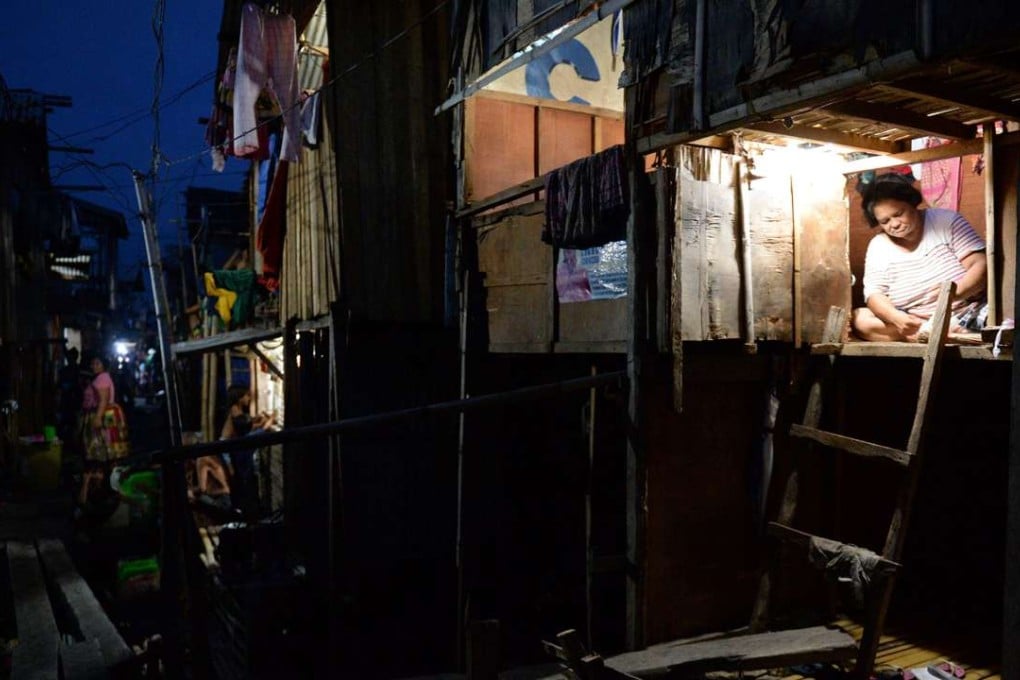Philippine ‘strongman’ Duterte isn’t so tough when faced with economic or territorial battles
Steven Keithley says the Philippine president came to power on the promise of ‘real change’ but his bloody crackdown on drugs is just a smokescreen

In his inaugural speech, Philippine President Rodrigo Duterte claimed it was the promise of “real change” which secured his victory. He wasn’t wrong. Filipinos flocked to Duterte’s forthright and aggressive tone, which cut a stark contrast with his soft-spoken predecessor. Voters saw in him a tough talker who would shake up the establishment in a way that would allow average people to benefit from record economic growth, and a fighter who could handle threats from drug traffickers and an encroaching China. The then-mayor of Davao City seemed like the perfect leader for these turbulent times. And, in just two months, the man nicknamed “Duterte Harry” has realised his tough rhetoric and delivered real change.

Duterte orders US forces out of southern Philippines
Yet, despite potentially disastrous diplomatic consequences, including the cancellation of a key meeting between US President Barack Obama and Duterte over the latter’s “son of a whore” insult, ordinary Filipinos remain steadfastly behind their leader. However, what they don’t realise is that the “war on drugs” is a smokescreen, unrepresentative of Duterte’s true character. As a widely supported policy that he can unilaterally address with executive powers, this crackdown allows Duterte to play the “tough guy” role without actually making hard decisions. More importantly, it masks the fact that, on the more difficult issues where the president’s famous grit is needed most, the lion from Davao City is a lamb.

As bodies pile up in Philippines, many fear to talk about Duterte’s war on drugs
In the month since the Permanent Court of Arbitration found China in violation of the Philippines’ exclusive economic zone, Duterte, who had pledged to ride a jet ski through the Scarborough Shoal, has been uncharacteristically quiet, saying the ruling should be addressed in private negotiations. This plays right into China’s hands. In bilateral talks, Beijing’s preferred method of diplomacy, Manila is certain to be strong-armed into accepting an unfavourable status quo.
On the more difficult issues where the president’s famous grit is needed most, the lion from Davao City is a lamb